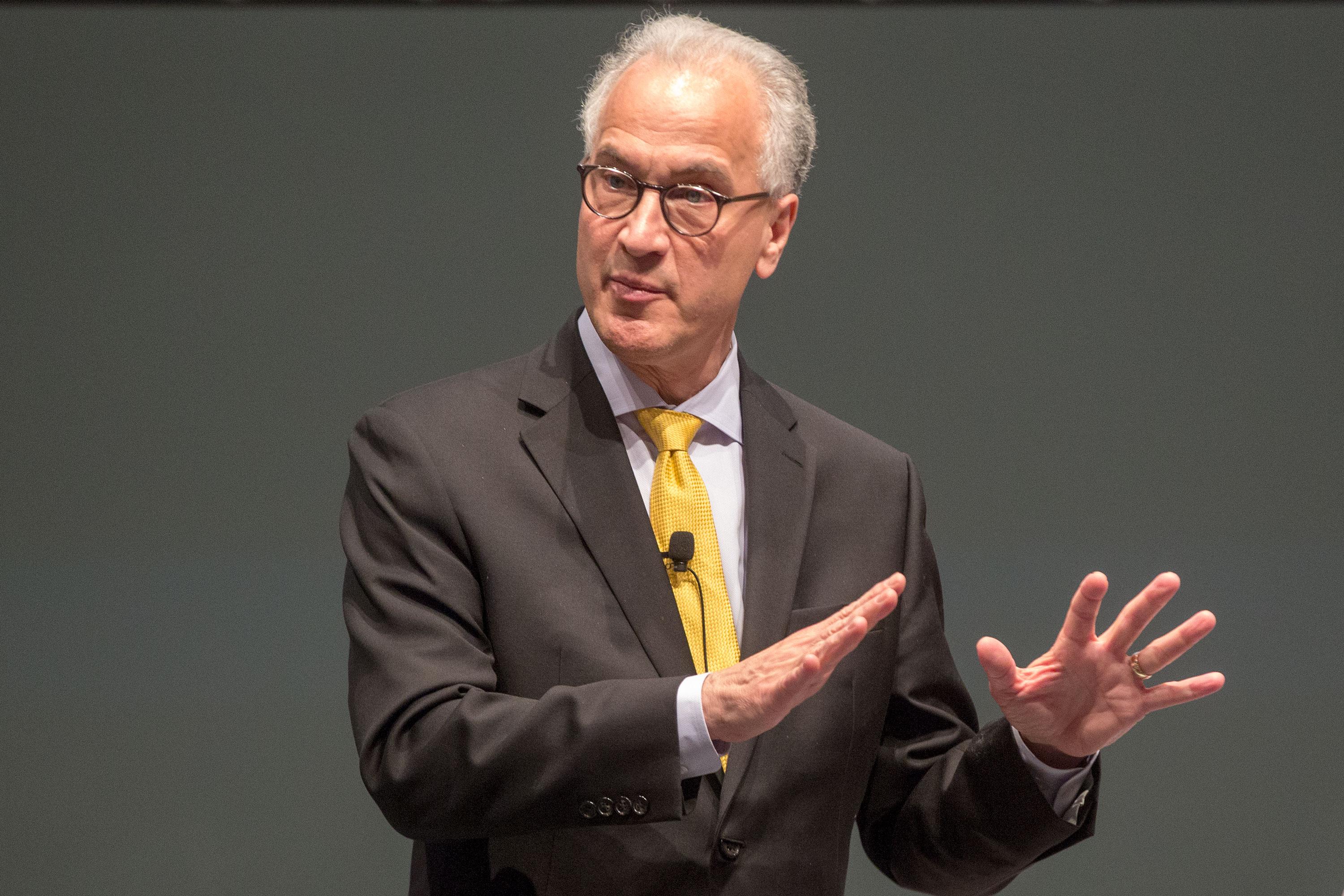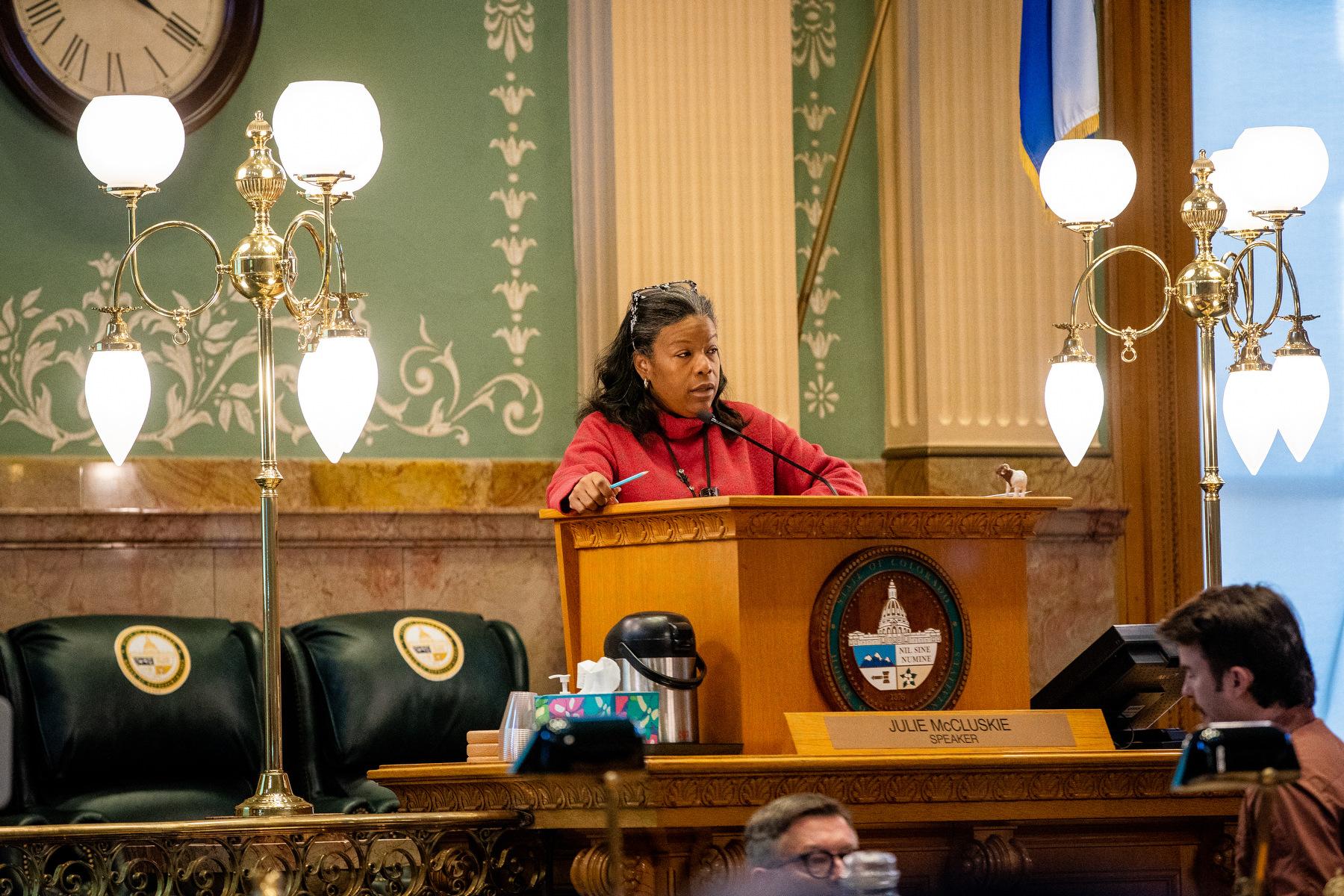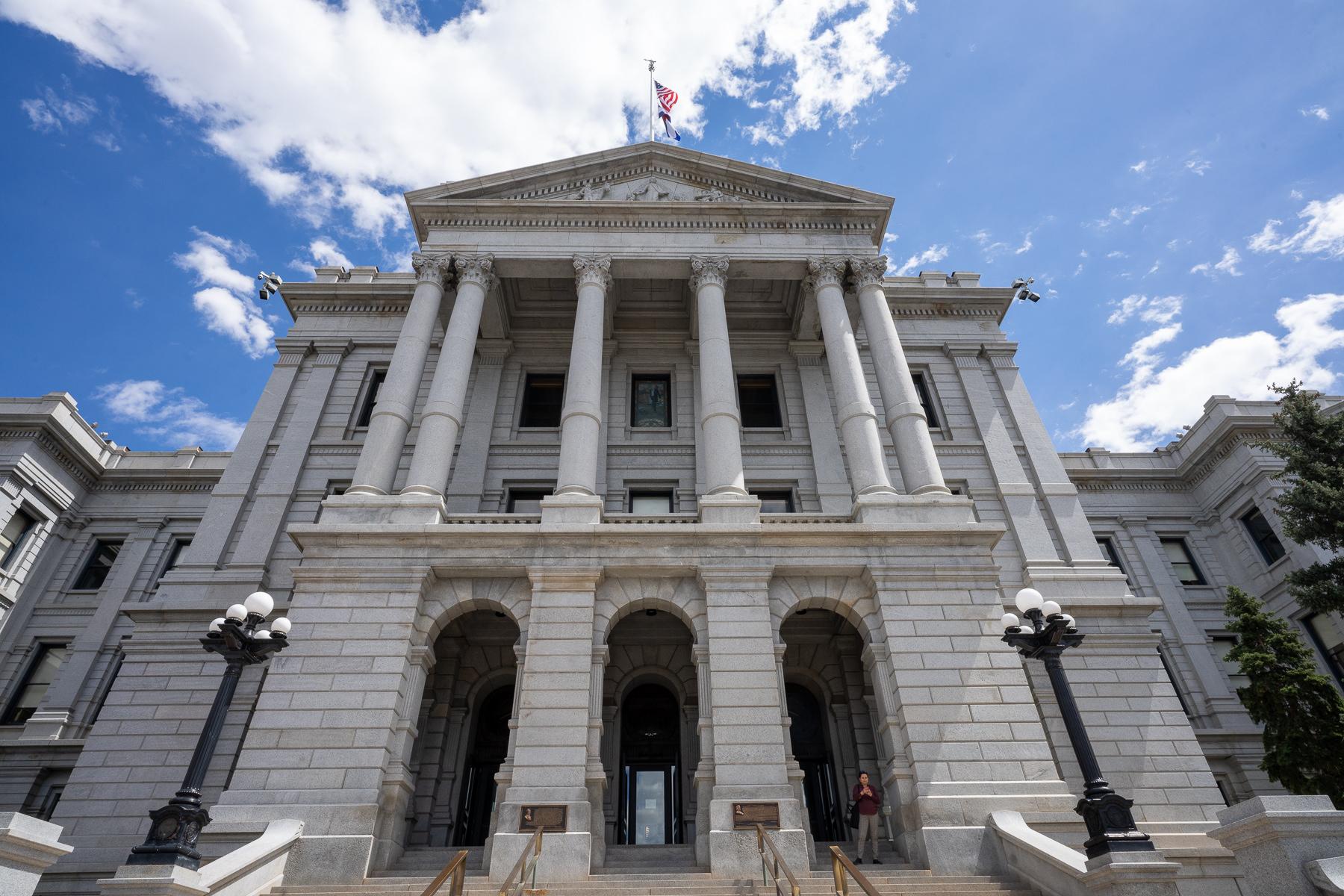
Updated: 5/10/2021, 5:17 p.m.
University of Colorado President Mark Kennedy is leaving after just two years on the job.
Kennedy and the university's Board of Regents announced that they were entering into discussions "regarding an orderly transition of the presidency in the coming months."
"The Board of Regents has a new makeup this year, which has led to changes in its focus and philosophy," Kennedy wrote in an email to university supporters. CU, he said, "is on an upward trajectory and I have every confidence it will continue to meet its mission and serve its students and the state."
The announcement follows a censure of Kennedy by the university's Boulder faculty among signs that Kennedy was on increasingly shaky ground with a Board of Regents that had flipped to Democratic control in the 2020 election. The three wins by Democrats in 2020 marked the first time Democrats have controlled the nine-member board governing the CU system in 41 years.
“It’s a new makeup of the board and I think they want to move things in a new direction,” said University of Colorado spokesman Ken McConnellogue. He said academic success, diversity and inclusion, and technology will continue as areas of emphasis, but there may be other, new ones also. He said the board will have its annual retreat soon to discuss a new direction but “they haven’t articulated that yet but I suspect they soon will.”
The board held two recent special executive sessions on the issue of the presidency.
Kennedy was censured on April 29 by the Boulder faculty assembly for a “failure of leadership with respect to diversity, equity and inclusion.” Kennedy and his supporters argued that he had made strides on improving diversity among the university's leadership and was committed to continuing that process.
McConnellogue said the Board of Regents said the recent censure of Kennedy, a statement of reprimand, was not a factor in their decision to hire a new president.
In response to the censure, Kennedy said in a statement: “Advancing diversity, equity and inclusion is among the top priorities for the Board of Regents, me, the campus chancellors and the university community. I welcome both constructive criticism and active engagement to help move that priority forward. I believe we are making progress and I am committed to our ongoing work.”
Kennedy has a contract through the end of June 2022. The board will meet to work out details, name an interim and then will begin a national search for next permanent president.
“The good news is the university, and a lot of this is due to President Kennedy, is well positioned for what’s next," McConnellogue said. "We’re working our darndest to come out of the pandemic, but the business of the university of its academic focus, quality, its research, those are all in sound and good shape.”
“The Board of Regents will move quickly to determine our next steps and will work closely with President Kennedy in the coming months to ensure an orderly transition of the presidency. He has led CU through the pandemic and has been making progress on key initiatives we agreed to, so the university is in good position," said a statement released by the university and attributed to Board of Regents chair Glen Gallegos and vice chair Lesley Smith. “We appreciate President Kennedy’s contributions and dedication.”
Kennedy was facing an evaluation by the regents this summer, and the faculty's censure of him placed a cloud over that process. Still, his departure after just two years is unusual for a university that in recent years has typically kept leadership in place for four or five years at a time. Kennedy followed Bruce Benson who held the post for 11 years.
Kennedy's appointment was marked by controversy. Protesters at CU urged the Board of Regents to reconsider his candidacy over views he expressed previously on abortion and marriage equality — some made while he was a congressman representing Minnesota from 2001 to 2007. The protesters also questioned his ability to lead a CU system that is much more complex and larger than the University of North Dakota, where Kennedy previously served as president. Kennedy told Colorado Matters at the time that he would "be a champion for welcoming all to the university.” The Regents said the process to select a new president in 2019 was thorough.
Despite the protests, the Board of Regents confirmed Kennedy as the new CU president in early May 2019. His initial contract was slated to run through 2022.
Regents chair Glen Gallegos, who is Republican, said Kennedy’s presidency has been a little bit “rocky” from the standpoint of those who didn’t feel he was doing a good job. On the other side were those who thought he was doing a very good job.
Gallegos said he doesn’t think that it’s one issue or many issues that led to the transition announcement.
“I think it's more a philosophy that says, maybe the university deserves someone who is more in step with the new board," he said.
“We could talk until the cows come home about whether or not he [Kennedy] was good, or whether he was bad, …. but for me, I think the feeling is ‘how do we move this thing forward?' We need to all agree on the things that are important that will drive this university towards keeping its status as a top public university,” Gallegos said.
Gallegos believes Kennedy excelled at many things, including putting the pieces together for a strategic plan that is expected to be introduced this summer. He also believes to move forward, a president needs the full confidence of the university.
Former Regent Linda Shoemaker, D-Boulder, voted against Kennedy’s hiring. She said Kennedy should have never been hired in the first place. After a series of campus open forums, she said it was clear that he didn’t have the support of most students, staff or faculty.
“That initial failure of the Board of Regents was compounded when Kennedy refused to reach out to students, staff and faculty after his appointment. He insisted on a corporate style of leadership, ignoring key components of the shared governance culture which has served CU so well in the past. That’ll be the first job for the new president — to share governance by re-establishing partnerships with student, staff and faculty groups,” she said.
The United Campus Workers Union released a statement on Monday after Kennedy's impending departure was announced, saying that he "should never have been a finalist – let alone the sole finalist – for CU’s President." It also pushed for a role in the hiring of the next president.
"Kennedy parting ways from CU is good, but we can’t let the conversation stop with Kennedy as an individual. We need to address the process by which CU chooses its top boss; without real student, faculty, and staff involvement we could be right back here in a year" the UCW statement said.
The Boulder Faculty Assembly, which represents faculty in the shared governance of the CU Boulder campus, said it welcomes the news that Kennedy will work with the Board of Regents to bring about an orderly transition.
“When the time comes, the BFA believes that it will be in the best interest of all four campuses of the CU system that the faculty have a robust role in the search for a new leader,” it said in a statement, that included a list of attributes a president should possess.
- July 1, 2019:CU’s New President Mark Kennedy Starts His Job With Long Day Of Campus Tours, Debriefings
- May 2, 2019:Board of Regents Confirms Mark Kennedy as CU president
- May 1, 2019:Mark Kennedy’s Quest For CU President May Seem Uniquely Turbulent, But To University Search Insiders That’s The Norm
- April 17, 2019: The CU System’s Contentious Presidential Nominee, Mark Kennedy, On The Record








